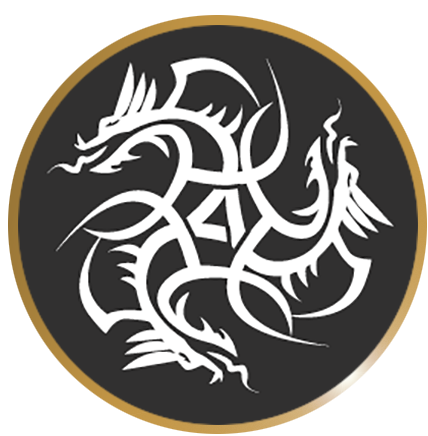CHRO: AI Leadership and Strategy
Introduction
Artificial Intelligence (AI) is reshaping human resources (HR) and talent management. For CHROs, leveraging AI is essential for optimizing HR processes and enhancing employee experience.
The Importance of AI for CHROs
AI can streamline recruitment, improve employee engagement, and enhance workforce planning. CHROs must harness AI to drive HR efficiency and strategic talent management.
Strategic Implementation of AI
Integrating AI into HR strategy involves:
- Identifying key HR processes for AI application.
- Allocating resources for AI development and integration.
- Promoting a culture of innovation and continuous improvement.
Ethical and Responsible AI
CHROs must ensure ethical AI practices by:
- Establishing guidelines for responsible AI use.
- Addressing bias, transparency, and fairness in AI-driven HR processes.
- Ensuring data privacy and security for employee information.
Challenges and Solutions
Common challenges in AI implementation include:
- Data quality: Ensuring accurate and comprehensive employee data.
- Integration: Seamlessly incorporating AI into existing HR systems.
- Employee acceptance: Gaining employee trust in AI-driven processes.
Solutions to these challenges involve:
- Investing in robust data management practices.
- Collaborating with IT for smooth integration.
- Communicating transparently with employees about AI use and benefits.
Case Studies and Success Stories
Examples of successful AI applications in HR include:
- Enhanced recruitment through AI-driven candidate screening.
- Improved employee engagement with AI-based sentiment analysis.
- Optimized workforce planning using predictive analytics.
Future Trends in AI
CHROs should monitor emerging AI trends, such as:
- AI-driven learning and development platforms.
- Advances in AI for performance management and feedback.
- The growing role of AI in diversity and inclusion initiatives.
Conclusion
Effective AI leadership for CHROs involves strategic implementation, a focus on ethical practices, and proactive management of challenges. CHROs who embrace AI can drive significant improvements in HR efficiency and employee experience.
